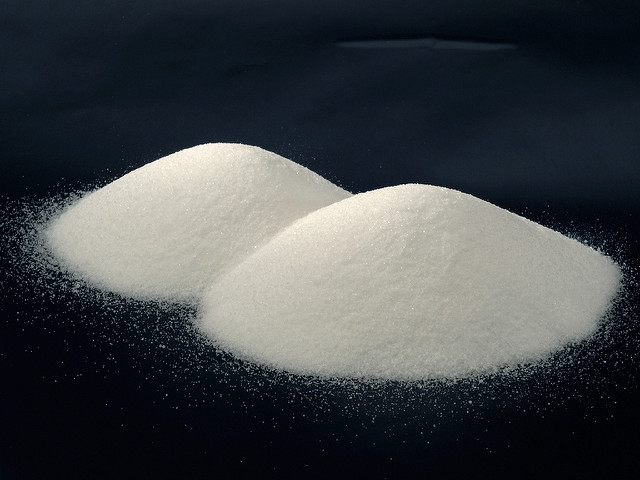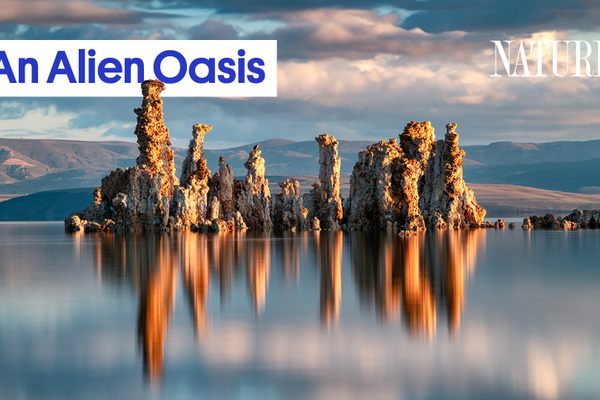Why the Science of Salt is as Polarized as Politics

(Photo: Dubravko Sorić/Flickr)
To salt or not to salt is a question most humans think about at least a few times a day, even if we remain puzzled over the health effects. And if you think you’ve seen conflicting studies on whether salt is killing you, you’re not imagining things.
Researchers reviewing over 35 years of academic reports and studies said Thursday that the community of scientists studying salt intake among humans is sharply divided, and unlikely to come to any definitive conclusions soon.

While the scientific literature is slightly in favor of people reducing salt intake—around 54 percent of reports said humans would probably be healthier if we did—another third said it may not matter, while a handful more were inconclusive, researchers said.
Worse, they found that the scientists who disagree hardly ever collaborate, instead citing papers that tend to square with their point of view. Much of the research also had a strong bias toward the status quo.
“There are two almost distinct bodies of scholarship—one supporting and one opposing the claim that salt reduction in populations will improve clinical outcomes,” says David Johns, who co-authored an article outlining the findings in the International Journal of Epidemiology. “Each is driven by a few prolific authors who tend to cite other researchers who share their point of view, with little apparent collaboration between the two sides.”
Scientists also can’t agree on what counts as evidence, while a number of the observational studies were hurt by methodological defects.
In other words, the jury’s still out on salt, and we probably shouldn’t expect a definitive answer anytime soon.
“We pay quite a bit of attention to financial bias in our work,” says Sandro Galea, another article co-author. “We seldom pay attention, however, to how long-held beliefs bias the questions we ask and the results we publish, even as new data become available.”








Follow us on Twitter to get the latest on the world's hidden wonders.
Like us on Facebook to get the latest on the world's hidden wonders.
Follow us on Twitter Like us on Facebook